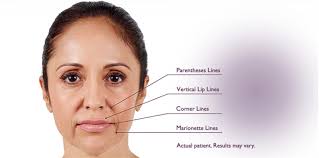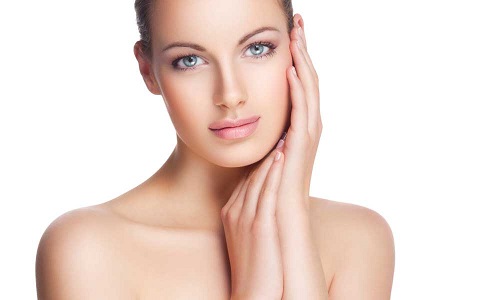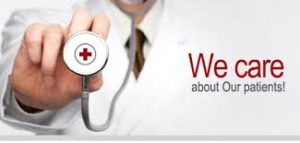
Hurricane season officially begins on June 1st, but you don’t want to wait until hurricane season is underway to prepare. Even areas that are further inland, like the Tennessee and Arkansas, can be impacted by tropical weather.
The National Weather Service has given instructions on Hurricane Preparedness.
Here is a list of steps you need to take to be prepared.
- You need to have a safety kit ready. It’s recommended that you keepat least enough food and water for each person in the family to last 3 days.
- Take some time to review your insurance policy. Often we realize too late that some weather-related damages are not covered. In fact, standard homeowner’s insurance doesn’t cover flooding. Remember to review your policies for your home and any vehicles or boats.
- Take note of anything that could be affected by flooding, like items in your garage or basement. In anticipation of high winds, you should keep trees well-trimmed and secure things like patio furniture before storms.
- Helping your neighbors prepare and plan to check on each other in the case of an emergency is a great idea.
- Finally, make sure you write down your plan and any important details you might need in an emergency. Go over your plan with your family to make sure everyone understands what to do. Having a written plan can save you precious time in the event of severe weather, so you can act quickly and confidently.
In 2001, Coast Civil Defense and Emergency Management officers released new hurricane evacuation zone maps. The new maps should help reduce confusion when an evacuation is called for. In the past, evacuations areas had to be described using street names. But that created problems when several streets had the same or similar names in coast counties. Pascagoula, Biloxi, Gulfport, and Bay St. Louis have evacuation maps
To get a copy of the new hurricane evacuation maps, you can go to your local Civil Defense or Emergency Management officer, as well as your city hall.
We at On Call Medical Clinic hope that this information was helping in preparing for the 2017 Hurricane Season. Remember for all those minor illnesses or injuries, we at On Call Medical Clinic are here 7 days a week to help. Please visit our website at www.oncallclinic.com to learn more about all the medical services we offer as well as skin care treatments.



 We know that there are times when you do not plan on being sick but you get sick anyway. For some types of illnesses, you simply need to take a few basic medications and you will start feeling better but there are times when you become ill and you need urgent care. Instead of going to the hospital, one great option is to try a walk in clinic. This will give the same type of care that you need provided that your illness or injury is not gravely serious.
We know that there are times when you do not plan on being sick but you get sick anyway. For some types of illnesses, you simply need to take a few basic medications and you will start feeling better but there are times when you become ill and you need urgent care. Instead of going to the hospital, one great option is to try a walk in clinic. This will give the same type of care that you need provided that your illness or injury is not gravely serious.